Foreign policy refocuses on Europe
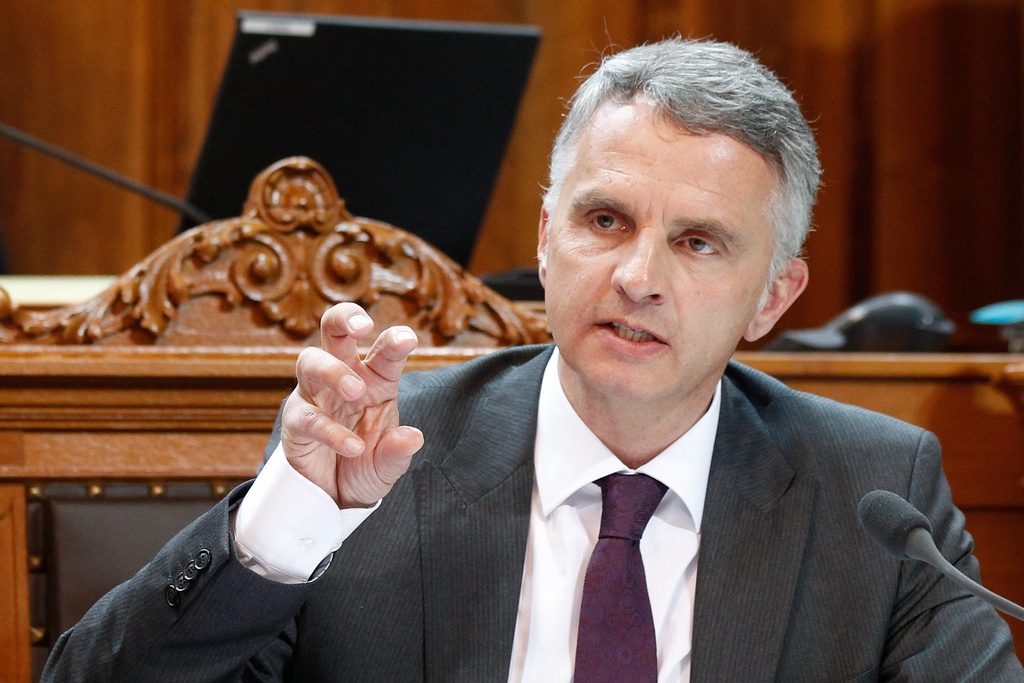
The new Swiss foreign minister, Didier Burkhalter, has decided to put more effort into relations with Switzerland’s neighbours and the European Union.
The centre-right Radical’s decision signals an end to the Swiss policy of “active” neutrality that was instituted under his centre-left Social Democrat predecessor, Micheline Calmy-Rey.
Basel’s international airport is actually in France, with Swiss and French sectors. But a French court decision has thrown a spanner in the works, opening the door for Paris to claim taxes from companies working on the Swiss side and threatening employee salaries.
According to Burkhalter though, the problem should be solved soon. If the minister wants to manage issues such as this – small beer in the bigger scheme of things – it could mark a significant change in how foreign policy is perceived.
It certainly shows that the emphasis for Swiss foreign policy has changed and will focus more on Switzerland’s neighbours and the EU.
For Social Democrat parliamentarian Carlo Sommaruga, it is surprising how much importance is suddenly being given to countries like France and Germany.
“It is important to have good relations with our neighbours, but I don’t believe it should be our top priority in a globalised world,” he told swissinfo.ch.
Foreign conflicts
Calmy-Rey, who ran the foreign ministry until the end of last year, focused on major international conflicts during her tenure.
“It would be a mistake if Switzerland turned its back on global affairs and reduced its role as an intermediary in conflicts,” said Sommaruga. “Burkhalter can’t sit in his office waiting for the phone to ring; Switzerland must be proactive.”
That relations with the country’s neighbours will be intensified seems right to the former Swiss ambassador to Washington and Berlin, Christian Blickenstorfer.
“These relations require nurturing and plenty of effort,” he said. “That was what was somewhat missing before.”
“France, Germany and Italy are members of the G8 and the G20 nations. Good relations and contacts give us an opportunity to make our concerns and positions heard in those international forums.”
For rightwing politician Christoph Mörgeli, the change represents a hope that Swiss foreign policy won’t be run like a “non-governmental organisation”.
“We have to focus on classic and economic diplomacy,” said the People’s Party parliamentarian. “It will be a positive development if we can avoid pompous performances. Switzerland was always successful working behind closed doors and not walking through open gates.”
Plain neutrality
The fact that the latest Swiss foreign policy report has replaced Calmy-Rey’s “active neutrality” with plain “neutrality” is also a positive sign, according to Mörgeli. “Neutrality is always a passive position that allows you to be flexible and can be used any way you want it,” he told swissinfo.ch.
Blickenstorfer agrees that “active neutrality” has no “real substance”.
“As I understood it, our former boss believed this notion gave her more space for her projects,” he added. “We know we are neutral, but I don’t think it is bad idea to refocus neutrality on its core value, that is a concept in international law that applies in times of war.”
The interpretation of neutrality is directly linked to whether Switzerland wants to be active on the international scene, according to Sommaruga.
“If we stop saying we are available to be intermediaries, to help with negotiations or to be a protecting power, we risk losing any significance on the world scene and that would be damaging for us,” he said.
“Peace promotion is a market,” added Sommaruga. “We are competing with Norway, Austria and other states who are trying to make their mark in this field.”
Blickenstorfer says though that peace promotion has not become less important for the Swiss government.
“Perhaps we won’t frantically grasp at every opportunity that comes by,” he pointed out. “I was always of the opinion that Switzerland had the capacity to demonstrate its capacity as a broker in specific situations.”
“But we shouldn’t think we need to play a leading role in every conflict or crisis. I don’t think that important mandates such as those we have in Iran or Cuba will change, but I believe it’s enough if such actions are carried out quietly.”
The Swiss government recently approved the 2012-2015 foreign policy strategy report, which sets out priorities and defines four strategic goals.
The first goal is to nurture and increase relations with neighbouring countries.
The second concerns relations with the EU and its member states. Switzerland will pursue bilateral talks and defend its political leeway concerning institutional issues. This has mainly to do with Switzerland’s economic interests, including market access and tax questions.
The third priority will focus on stability at Europe’s external borders and in the rest of the world. Stability should be ensured through development aid, special funding, peace promotion, as well as human rights and constitutional law activities.
Finally, strategic partnerships with emerging nations should be strengthened and diversified.
The government has also promised to concern itself more with the Swiss abroad.
Swiss abroad and Swiss travellers are now a priority for the government, according to the foreign policy report.
Support for the 700,000 Swiss abroad and travellers who head outside the country around 16 million times each year will be increased.
The Swiss foreign ministry has already created a helpline that centralises all requests and set up a crisis management centre. These services will be consolidated and upgraded.
The foreign ministry has an annual budget of SFr2.9 billion. It currently has a network of 140 embassies and consulates. By 2015, it is expected to develop synergies and improve efficiency of services, especially for consular affairs and visa requests.
(Adapted from German by Scott Capper)

In compliance with the JTI standards
More: SWI swissinfo.ch certified by the Journalism Trust Initiative
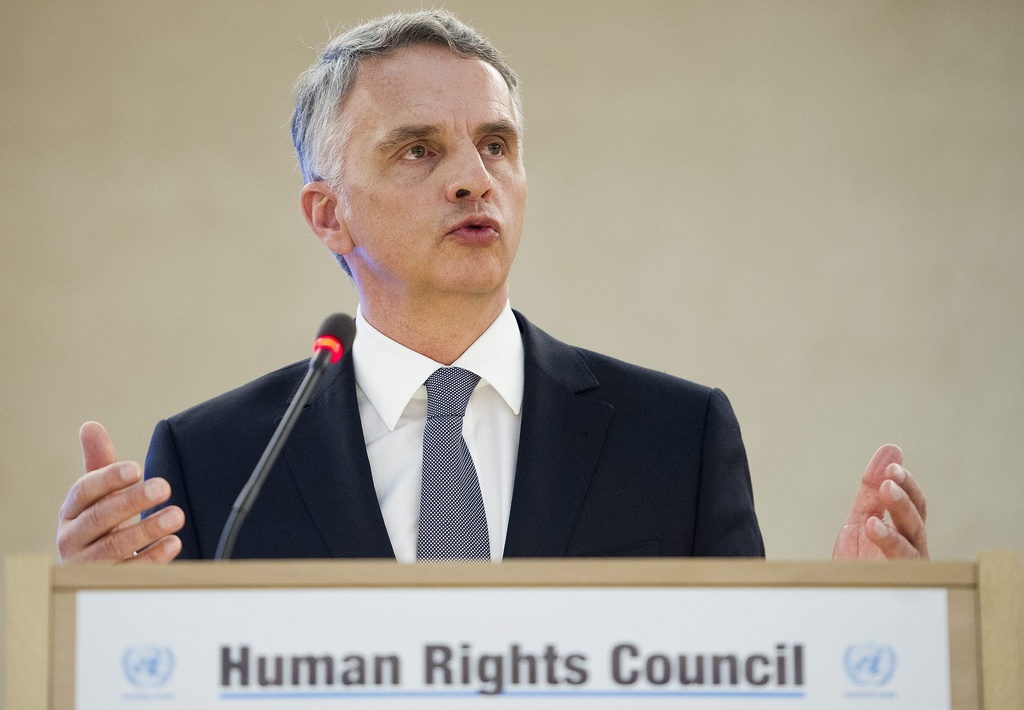
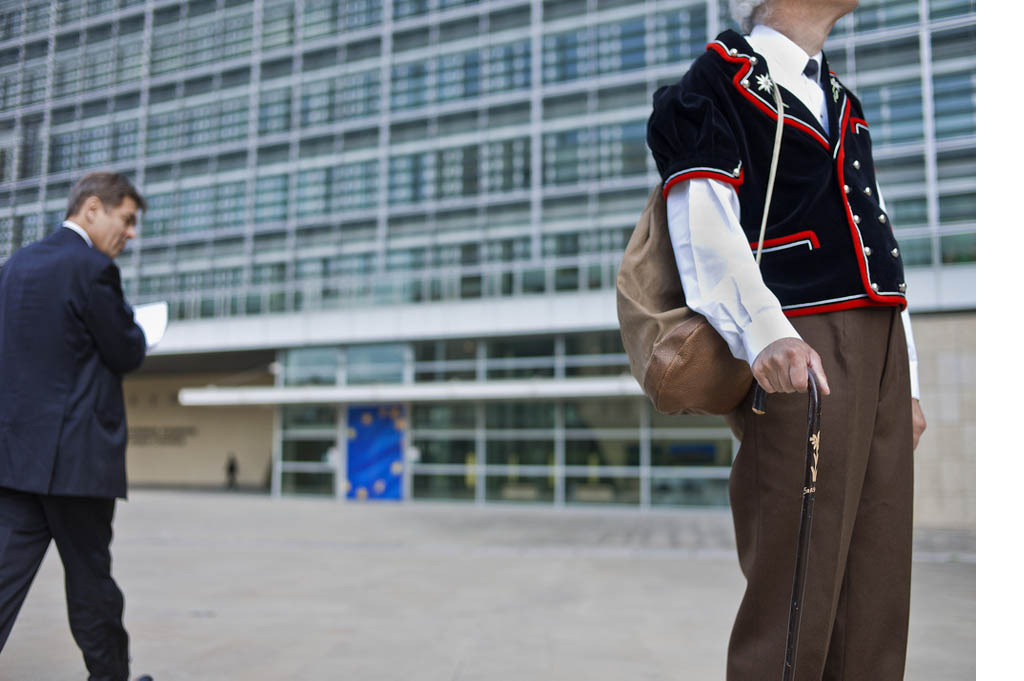
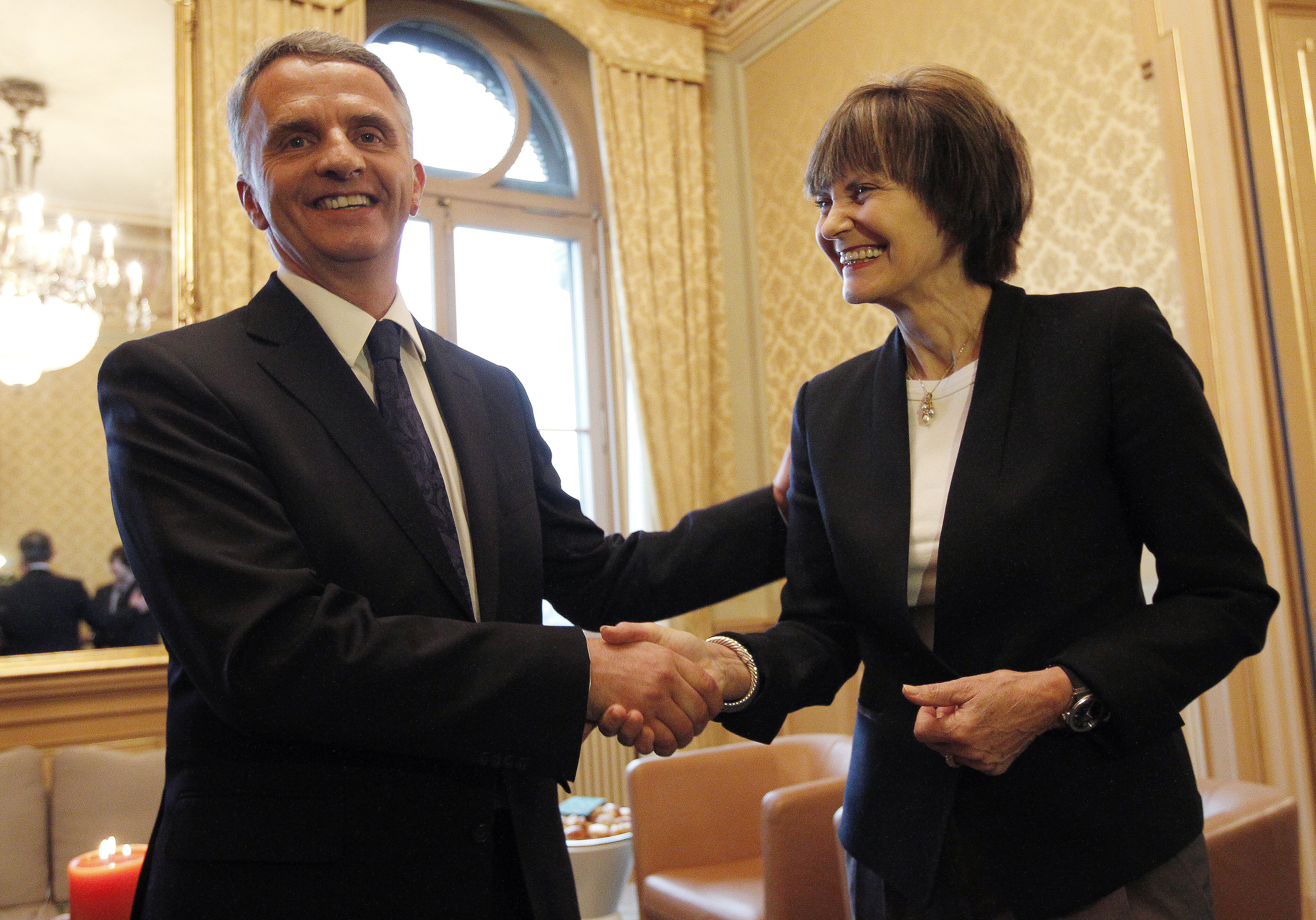
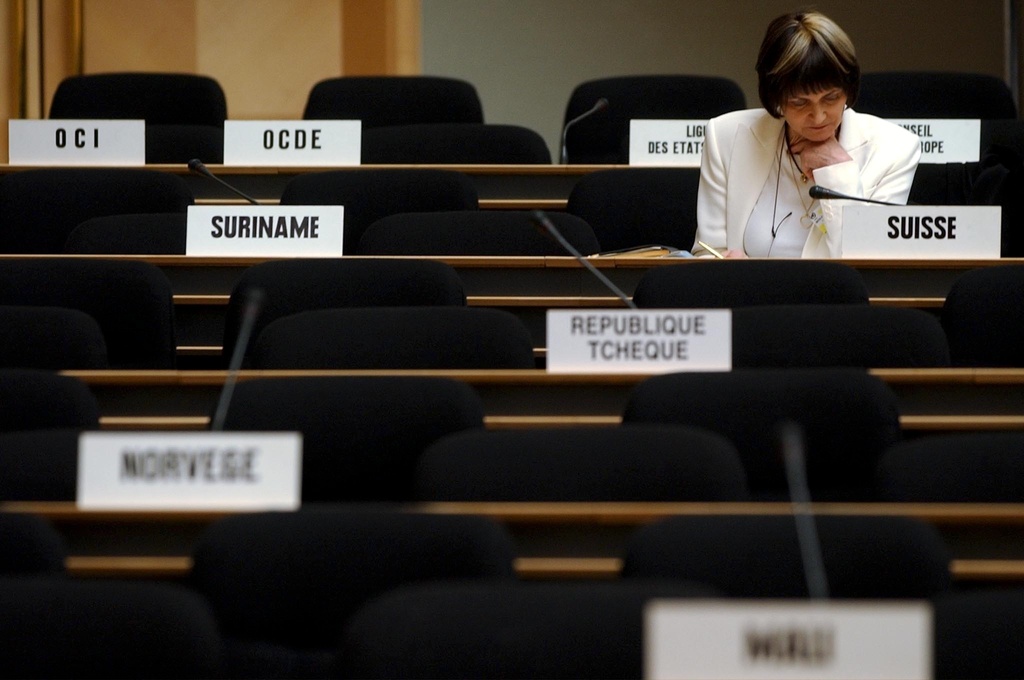
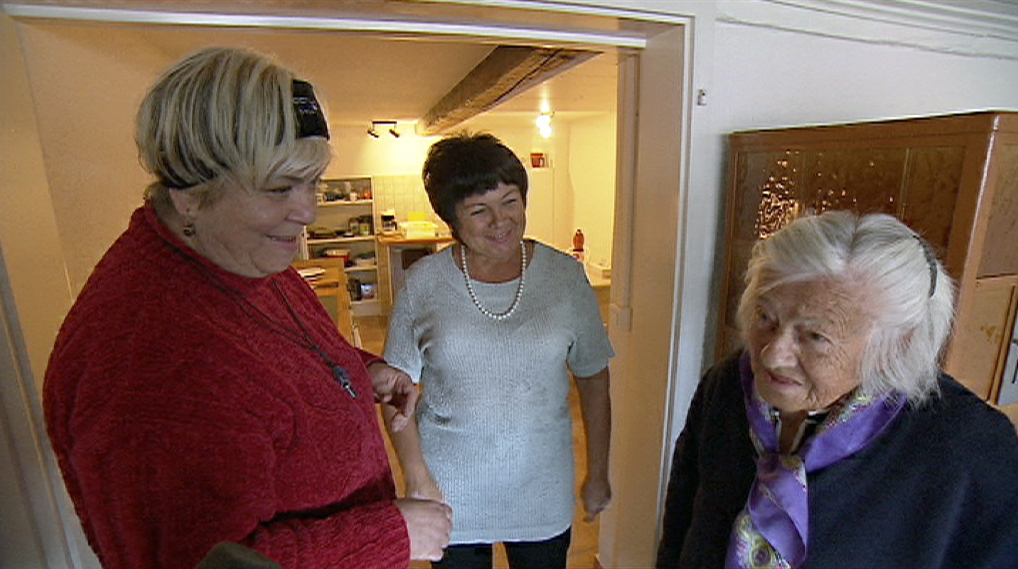
You can find an overview of ongoing debates with our journalists here. Please join us!
If you want to start a conversation about a topic raised in this article or want to report factual errors, email us at english@swissinfo.ch.